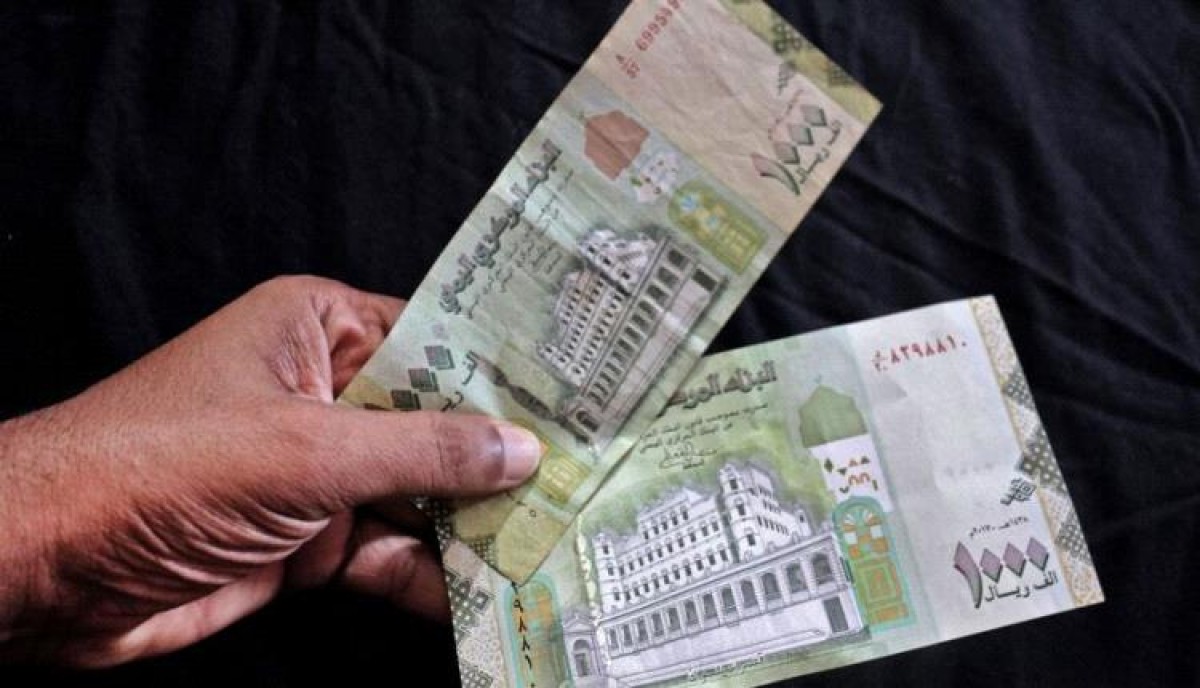A major economic collapse due to the continuation of the war in Yemen


The continuation of the conflict in Yemen for years weakened the economic infrastructure and destroyed many vital facilities, which negatively affected the local economy. As a result, productive sectors, such as industry and agriculture, lost their productive capabilities significantly.
As a result of the war, the conflict was disrupted. Many economic resources were contributing to supplying the budget, such as the oil and gas sector, which was considered one of the largest sources of revenue for Yemen. The decline of these revenues led to a decrease in national income, which affected the stability of the currency.
The poor security conditions forced investors Local and international players were forced to withdraw their investments and migrate to more stable countries, which in turn reduced the flow of money into the local economy and increased pressure on the value of the riyal.
Due to the decline in revenues and loss of investment, the cash reserve of foreign currencies decreased significantly. This The decline affected the government's ability to support the riyal, and led to its rapid deterioration.